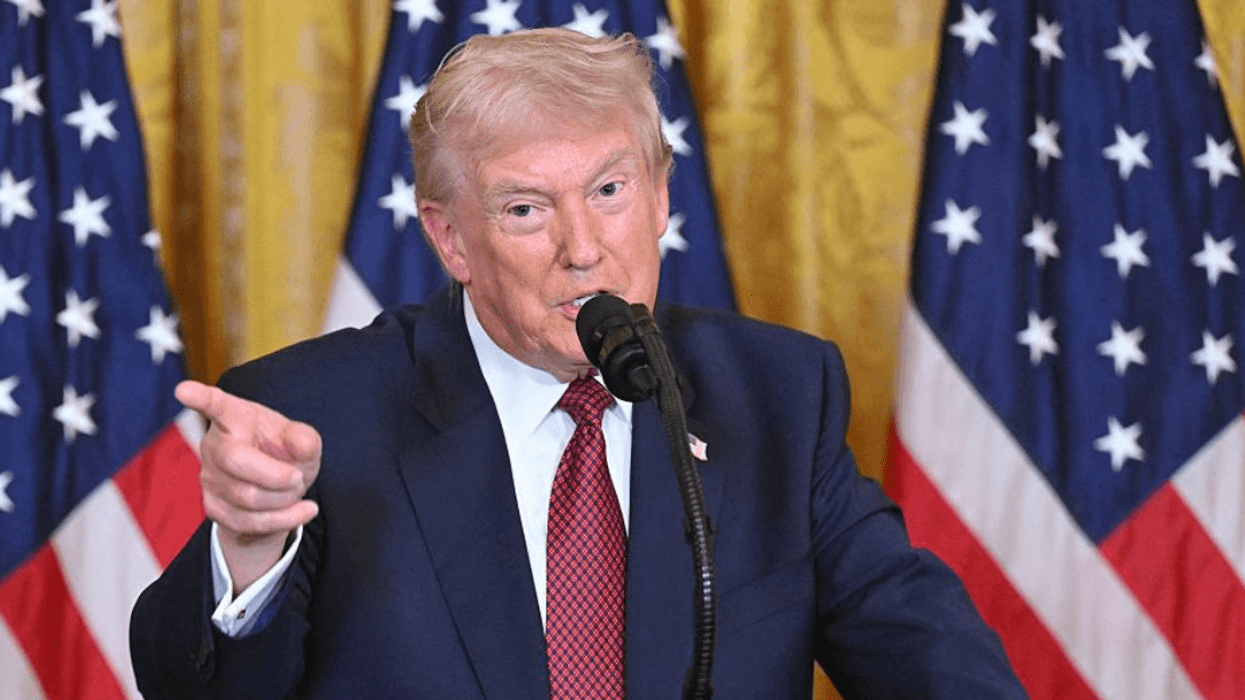Twitter shares fell four percent in afternoon trading today after President Donald Trump claimed that Twitter is limiting the visibility of prominent conservative voices on its platform.
The president claimed that Twitter is "SHADOW BANNING prominent Republicans," a response to a story in VICE Magazine which alleged accounts owned by Republicans like Ronna McDaniel, the current chair of the Republican National Committee, were showing up in a general search of the website, but did not automatically populate when typing their names in the drop-down bar.
Twitter responded soon after, saying the company does not "shadow ban" its users. The company acknowledged that some accounts were not automatically populating but said that this is the result of a platform bug they are working to fix:
We are aware that some accounts are not automatically populating in our search box, and shipping a change to address this. The profiles, tweets and discussions about these accounts do appear when you search for them. To be clear, our behavioral ranking doesn’t make judgments based on political views or the substance of tweets.
As Slate noted in its own analysis, the recent "kerfuffle over" shadow banning:
...came about after Twitter implemented a new strategy to fight “troll-like behaviors.” The company wrote in a May blog post that it was making some changes to its search bar: “People contributing to the healthy conversation will be more visible in conversations and search.”
Twitter's product lead Kayvon Beykpour reiterated the company's statement in messages posted to his own account, saying that in May the company started using "behavioral signals and machine learning to reduce people's ability to detract from healthy public conversation on Twitter."
Beykpour added that Twitter is "always working to improve our behavior-based ranking models - their breadth and accuracy will improve over time."
He further noted that Twitter's "behavioral ranking" does not judge account users "based on political views or the substance of tweets."
But these statements have done little to reassure Republicans who continue to insist that the platform is censoring them. Among the most vocal accusers are pro-Trump bloggers Lynette “Diamond” Hardaway and Rochelle “Silk” Richardson, who've also accused Facebook and other social media sites of banning them. Speaking at an April 26 House Judiciary Committee hearing on the “filtering practices of social media platforms," the two women claimed:
Facebook along with other social media sites have taken aggressive actions to silence conservative voices such as ourselves by deliberately restricting and weaponizing our page with algorithms that censored and suppress our free speech. These bias algorithms are tactics designed to pick up on keywords, thus telling the pages how to behave in ways that repress and stifles expressed ideas including Shadow banning, which blocked our content from being seen by our followers while depriving our brand through the demonetization of our videos. Followers stop receiving notifications when we posted videos & content. Followers were also mysteriously unliked from our page.
President Trump's claim, meanwhile, has faced heated criticism, with at least one user pointing out that his tweet violates federal laws which prohibit government employees from using or permitting the use of their "Government position or title or any authority associated with [his] public office in a manner that could reasonably be construed to imply that his agency or the Government sanctions or endorses his personal activities or those of another."
Others have signalled their support for the president's statements, with one user even asking him to "check in" with YouTube, a nod to reports that the video-sharing website cracked down on Infowars personality and conspiracy theorist Alex Jones.
YouTube removed four videos from Jones' channel that allegedly contained instances of hate speech and child endangerment. The company also issued one strike to Jones' account.
"We have longstanding policies against child endangerment and hate speech,” a YouTube representative said in a statement. "We apply our policies consistently according to the content in the videos, regardless of the speaker or the channel. We also have a clear three-strikes policy and we terminate channels when they receive three strikes in three months."
The president has often been criticized for using the office of the presidency to attack private businesses, as his longstanding feuds with Amazon and The Washington Post––both of which are owned by billionaire Jeff Bezos––can attest.
But while this instance serves as an example of the president leveling attacks against corporate policies––in this case imaginary ones––which he claims impact those among his core supporters, the president is not above criticizing a company’s policies if they directly impact his family members.
Last year, the president blasted Nordstrom on social media via his personal Twitter account after the company decided not to continue carrying any of Ivanka Trump’s products. Trump tweeted the message 21 minutes after the start of his daily intelligence briefing. Critics viewed the attack against the retailer as further evidence that the president is misusing the executive office to benefit his family’s business empire.
The company’s shares initially fell after Trump’s criticism, but later closed up 4 percent at the New York Stock Exchange.
At the time, Nordstrom insisted the decision to remove Trump-branded items from the store’s website was a simple one: Ivanka Trump’s items were not performing well. “We’ve said all along we make buying decisions based on performance. We’ve got thousands of brands – more than 2,000 offered on the site alone,” the retailer said in a statement. “Reviewing their merit and making edits is part of the regular rhythm of our business. Each year we cut about 10 percent and refresh our assortment with about the same amount. In this case, based on the brand’s performance we’ve decided not to buy it for this season.”
The decision to sever ties with the Trump brand should not have come as a surprise to Ivanka Trump or, for that matter, the president. Ivanka Trump was informed of the company’s decision the month before.
In an ironic twist, earlier this week, news outlets reported that Ivanka Trump is shutting down her fashion brand amid concerns that the Trump family has used it to profit from the presidency.
“After 17 months in Washington, I do not know when or if I will ever return to the business,” Ivanka Trump said in a statement, “but I do know that my focus for the foreseeable future will be the work I am doing here in Washington, so making this decision now is the only fair outcome for my team and partners.”



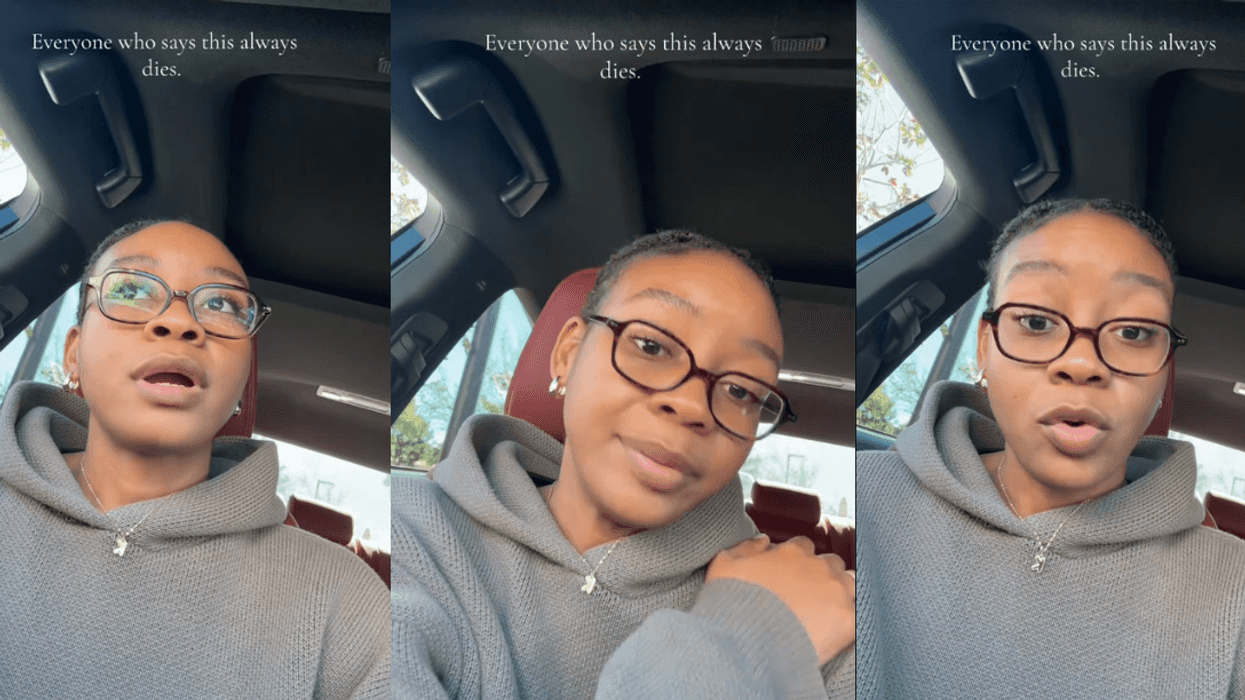
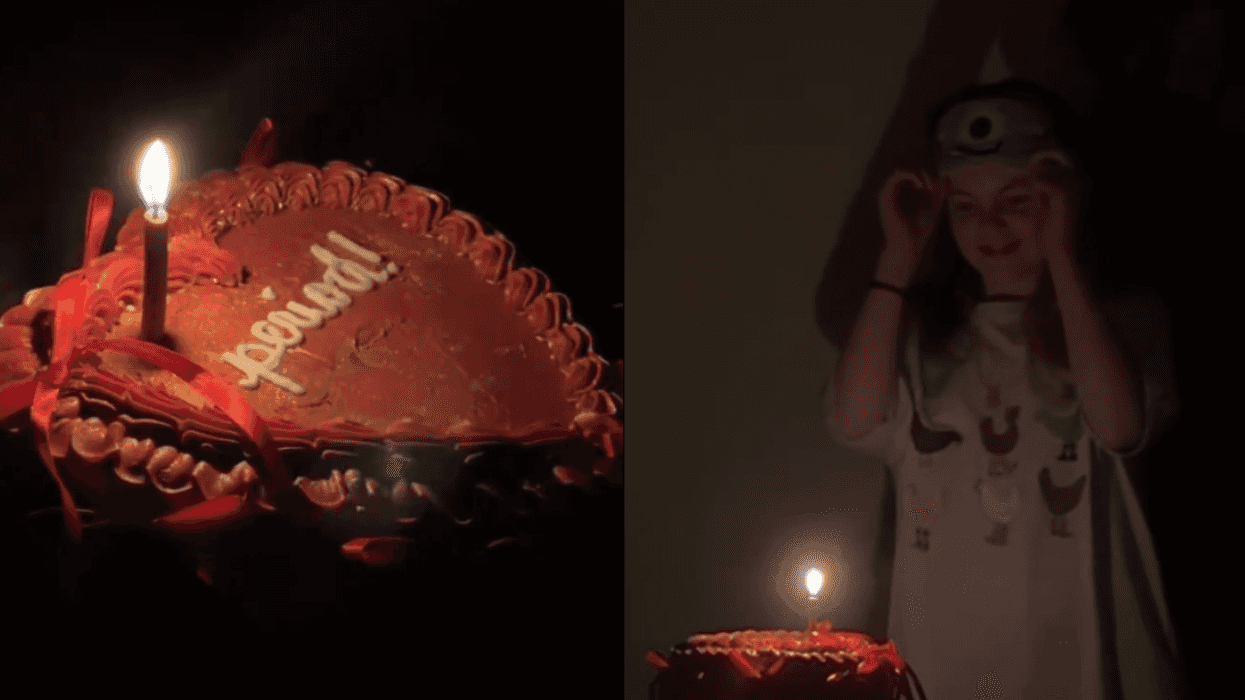
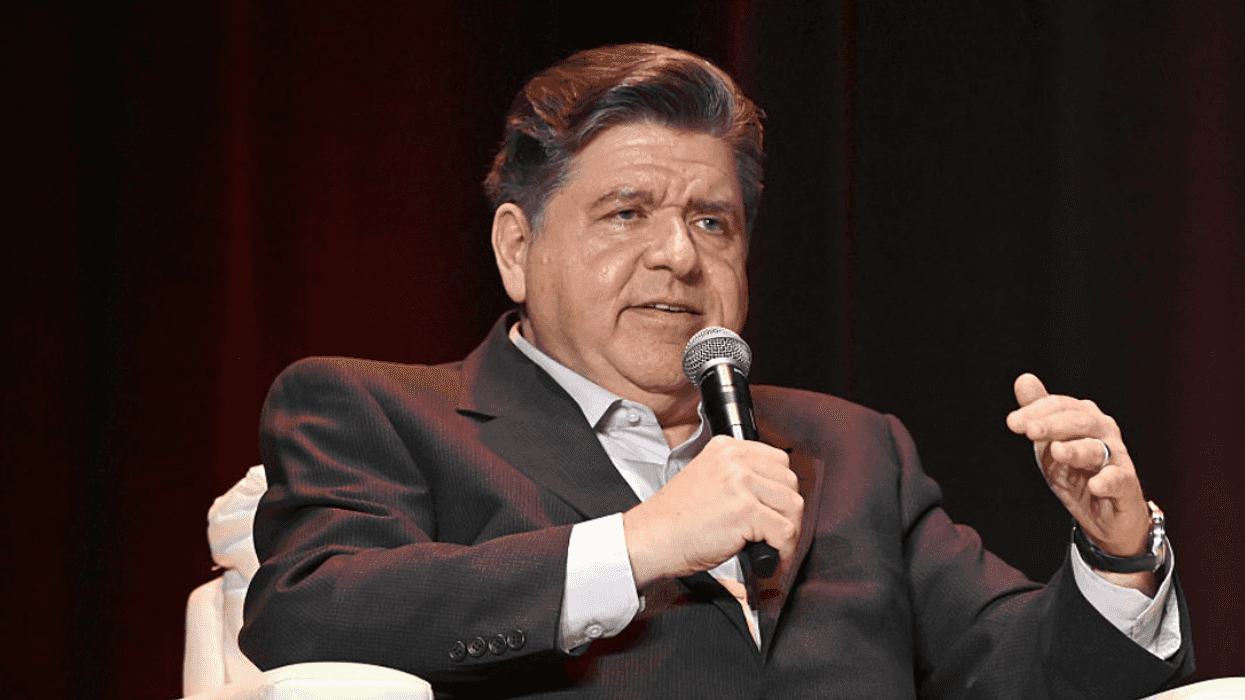
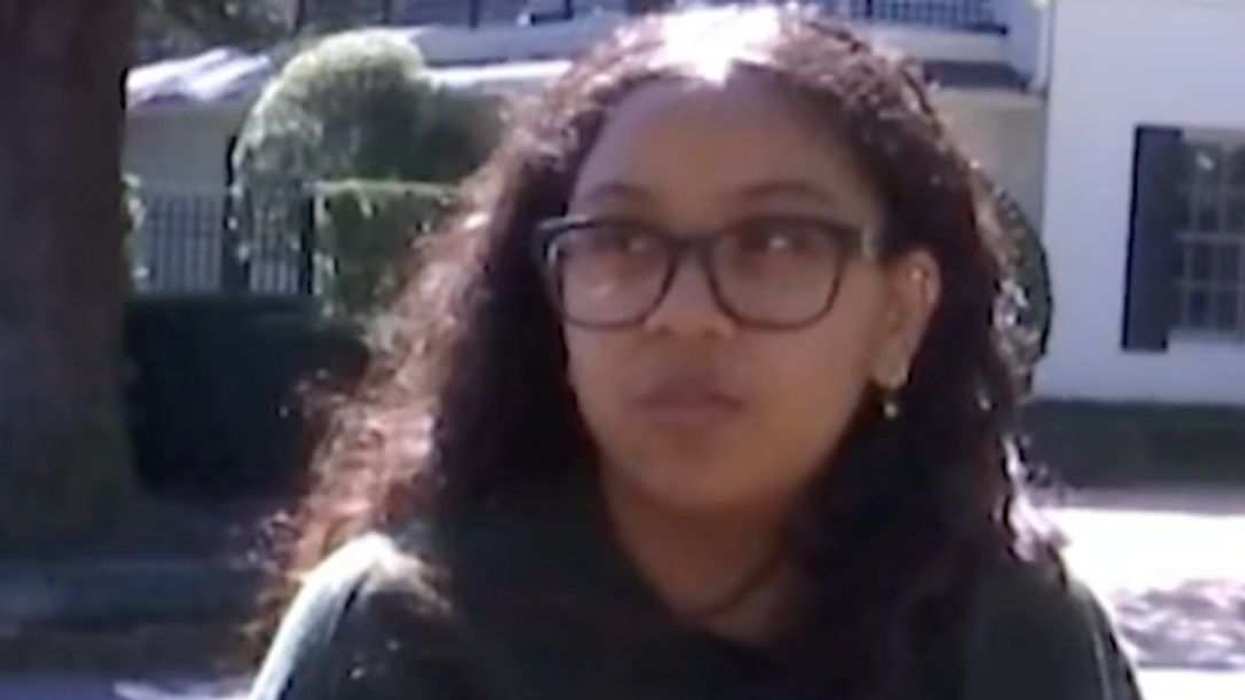
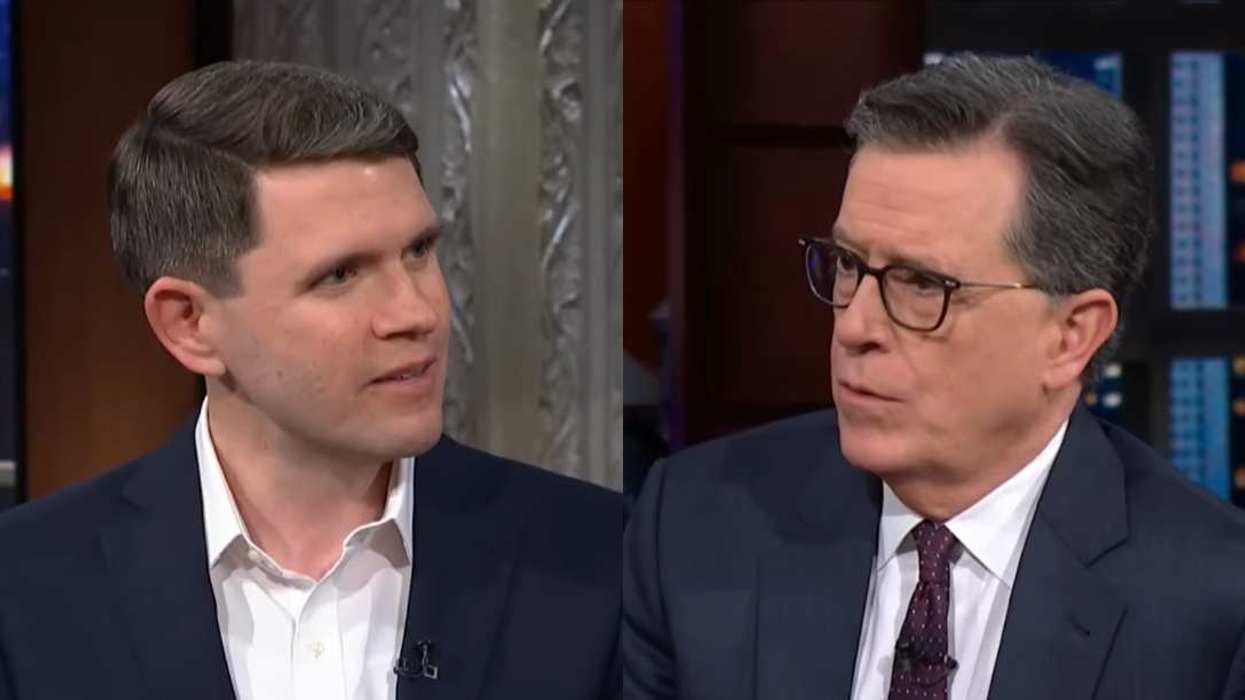





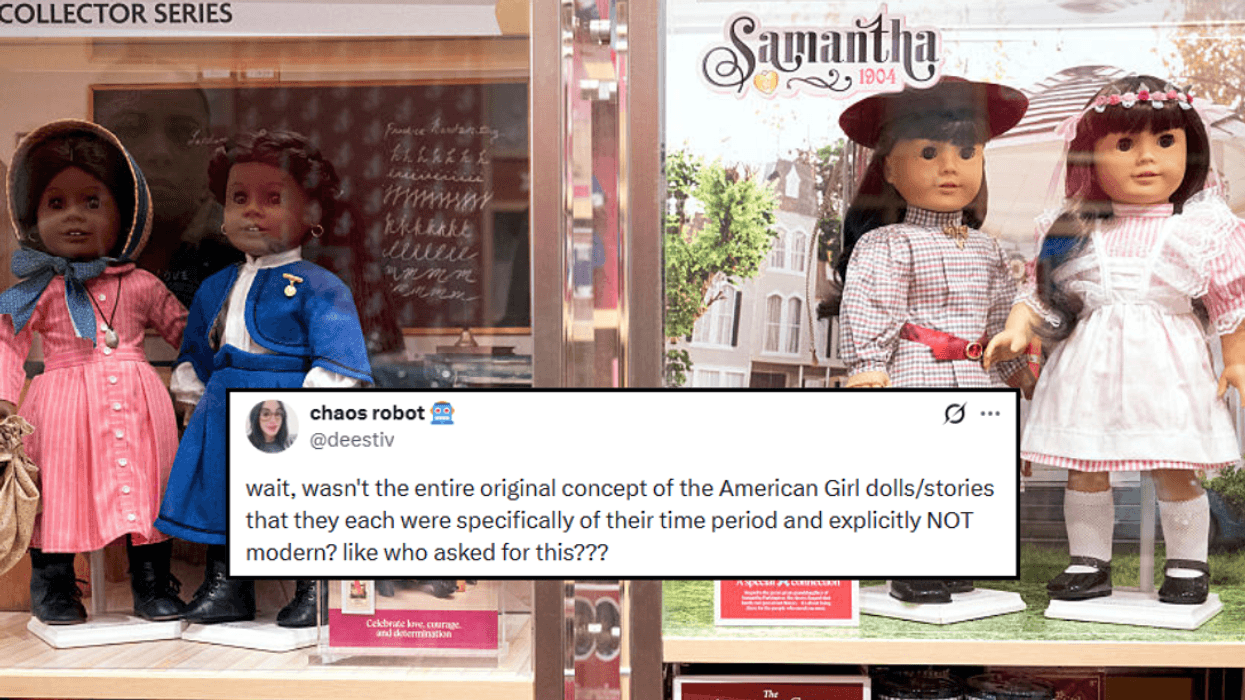
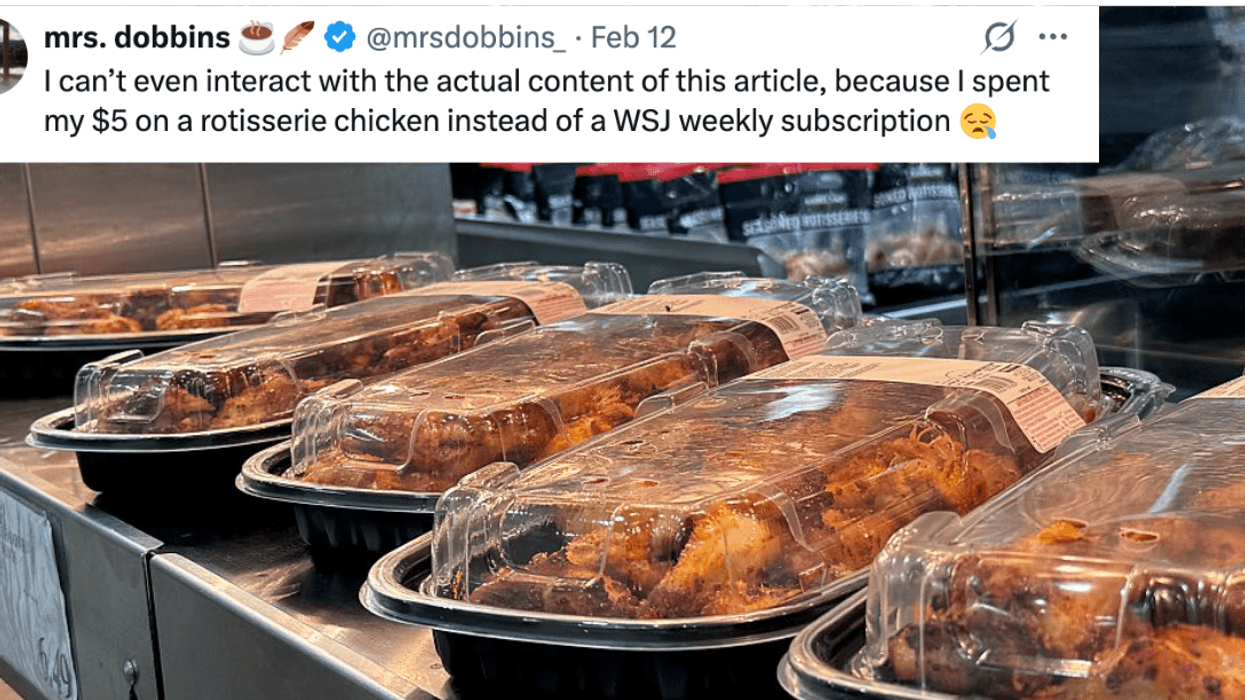
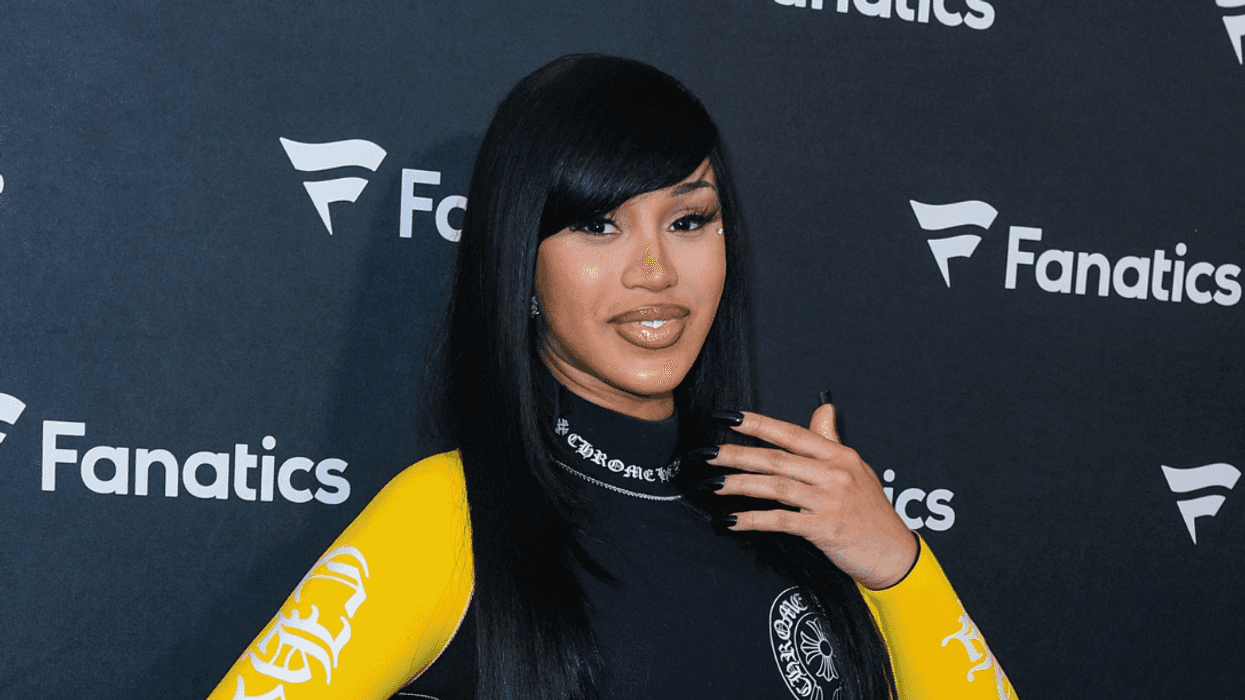
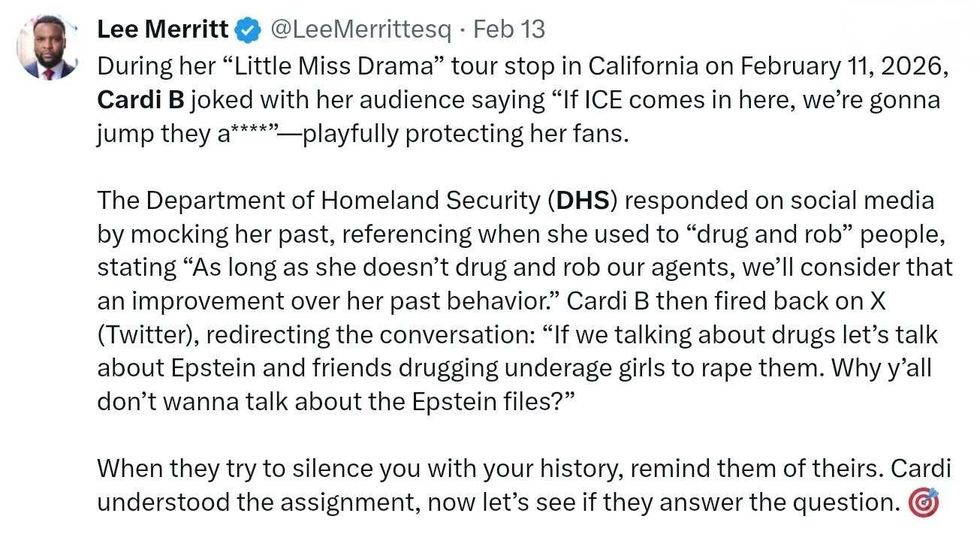 @LeeMerrittesq/X
@LeeMerrittesq/X @bob_moss/X
@bob_moss/X @jelanijones/Bluesky
@jelanijones/Bluesky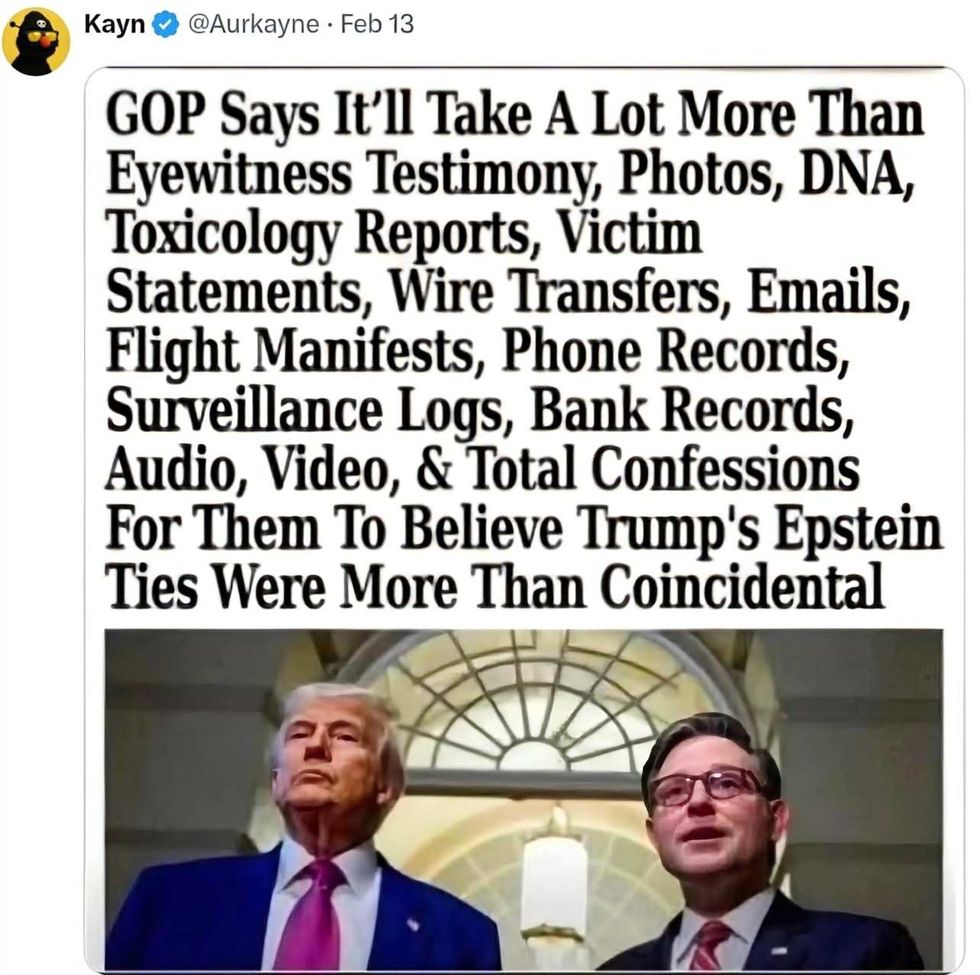 @Aurkayne/X
@Aurkayne/X @sadcommunistdog; @froglok/Bluesky
@sadcommunistdog; @froglok/Bluesky